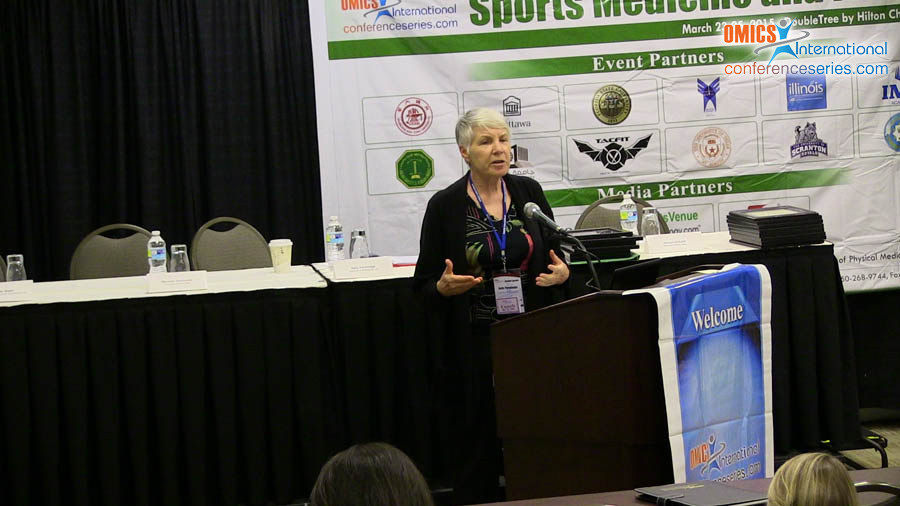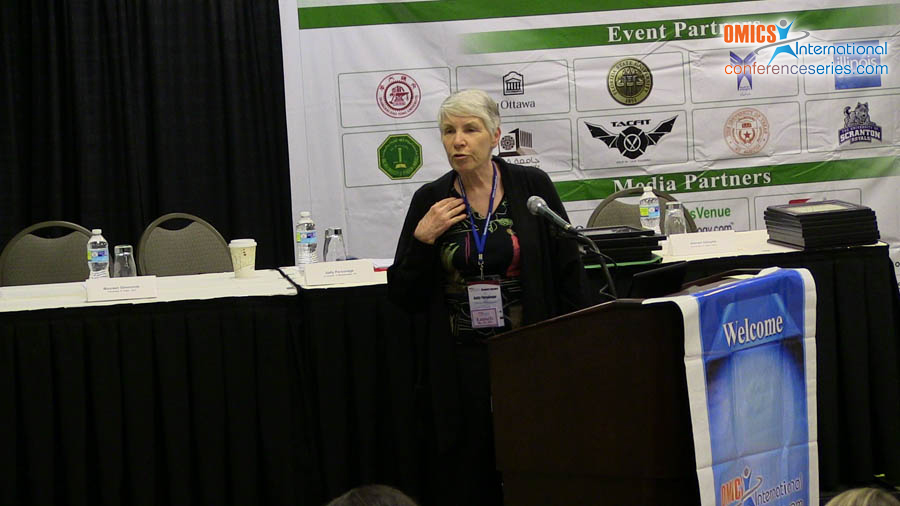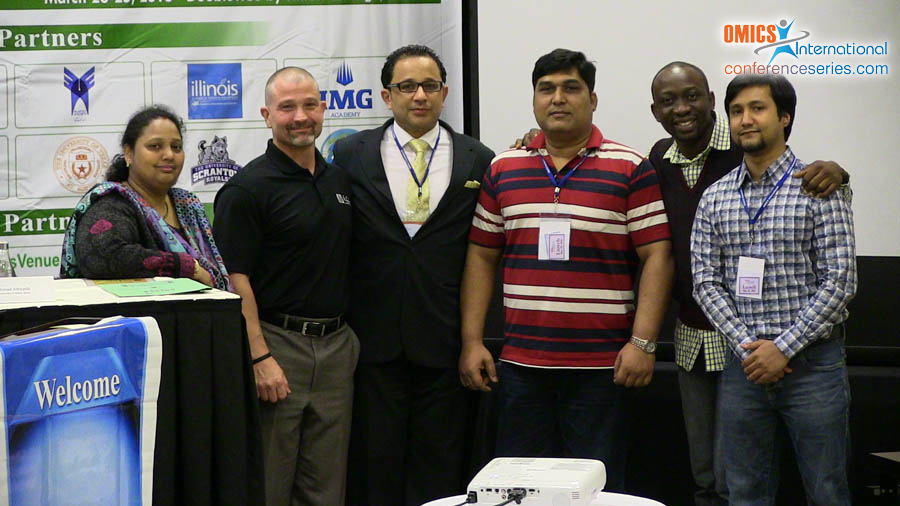
Sally R Parsonage
University of Westminster, UK
Title: Rapid assessment of diet quality and potential use in performance enhancement
Biography
Biography: Sally R Parsonage
Abstract
Many practicing, and even higher level, athletes consume a significantly inconsistent diet. The question is does this affect performance, and should nutritional interventions should be delivered differently according to the individual, the training status or the sport? For many individuals or teams, the opportunity for input by a sports nutritionist is often limited, so the practitioner has to decide how to rapidly assess the situation, which parameters can reasonably be changed quickly, and how it can best be done. Initial work has been done on the development of a Diet Quality (DQ) Index that can be measured rapidly in less than 10 minutes, thus avoiding the need for time-consuming recording of food intake and subsequent dietary analysis. A questionnaire has been developed based on what the average consumer might categorise as “good” or “bad” types of food, and the athlete simply indicates how many times a week, on average, they consume those foods, The resulting DQ Index then indicates the overall quality of the diet generally consumed, and can also be used to highlight areas where there might be a particular concern. Pilot studies have shown that there are strong correlations with measures of DQ and nutrient intakes such as calcium intake in adolescent athletes (R=0.69), and % energy from protein in middle-aged distance runners (R=0.35). This system can give significant impetus to identification of key areas and subsequent swift delivery of targeted nutritional changes with the aim of improving training or competition performance. There is growing interest in the role of nutrition on the mental toughness, or resilience, of the athlete. It is now becoming clear that the relationship between nutrition and psychological parameters can affect training gains, recovery from injuries, the ability to maintain form under pressure, and being able to harness the competitive drive constructively. This raises a key question for future research – does nutrition affect resilience, does inherent resilience, drive compliance with sound nutrition, or is it actually a two-way process?



